Plant Nutrients: What They Need and When They Need It
In the world of gardening and horticulture, understanding plant nutrients is fundamental to ensure your green companions thrive and flourish. Proper nutrition is as crucial for plants as it is for humans. To help you become an expert in this domain, we’ll delve deep into the intricate world of plant nutrients and explore what they need and when they need it.
The Importance of Plant Nutrients
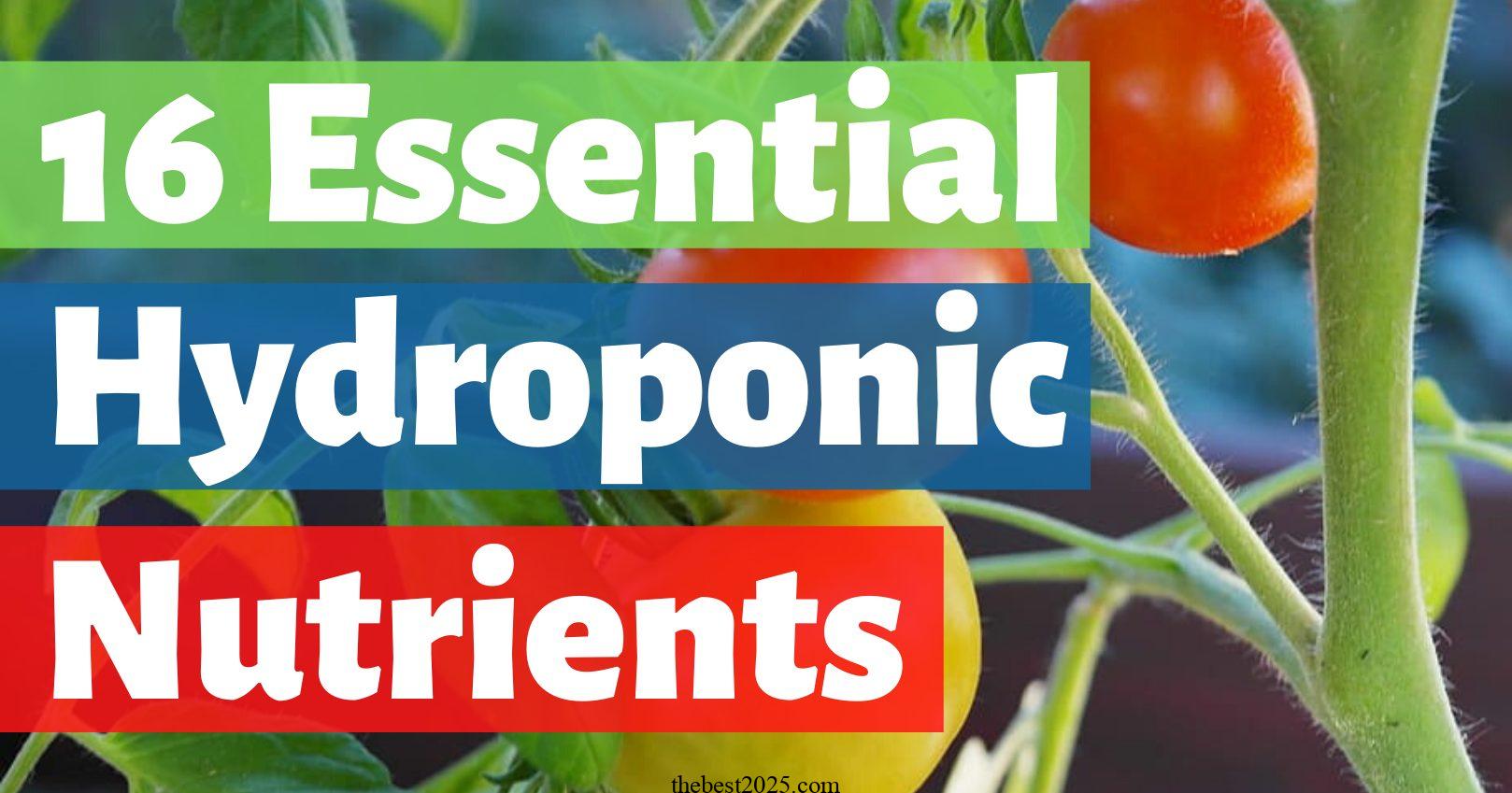
Plants, like any living organisms, require a balanced diet to grow healthily. The essential nutrients for plants can be divided into two categories: macro and micronutrients. Let’s explore these categories in more detail.
Macro Nutrients
- Nitrogen (N): Nitrogen is a primary component of chlorophyll, the molecule that allows plants to photosynthesize. It’s crucial for leafy growth and the overall development of the plant.
- Phosphorus (P): Phosphorus is vital for root development, flowering, and fruiting. It helps with energy transfer within the plant.
- Potassium (K): Potassium is essential for overall plant health, helping in disease resistance, water uptake, and photosynthesis.
Micronutrients
While plants require macro nutrients in larger quantities, micronutrients are equally important, albeit in smaller quantities. These include:
- Iron (Fe): Important for chlorophyll production and enzyme function.
- Zinc (Zn): Aids in overall growth and development.
- Copper (Cu): Facilitates photosynthesis and enzyme production.
When Do Plants Need Nutrients?
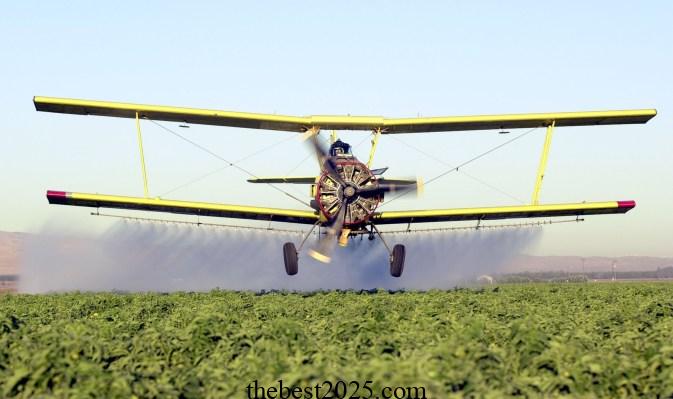
Understanding the timing of nutrient application is as critical as knowing which nutrients to provide. Let’s break down the various growth stages and the nutrient requirements:
Seedling Stage
In the early stages of a plant’s life, it relies on the nutrients stored in the seed. As the seedling begins to grow, it’s essential to provide a balanced mix of nutrients to support initial root and leaf development. A balanced fertilizer with a higher ratio of phosphorus is ideal.
Vegetative Growth
During the vegetative stage, plants are primarily focused on leafy growth. Nitrogen-rich fertilizers are beneficial at this stage, as they encourage robust foliage development. Adequate phosphorus and potassium are still required to support overall plant health.
Flowering and Fruiting
As plants transition into the flowering and fruiting stage, they require more phosphorus and potassium. These nutrients promote flower and fruit production, ensuring a bountiful harvest.
Maintenance
Once your plants have matured, it’s important to maintain their health. Balanced fertilizers containing all essential nutrients are essential for long-term plant well-being.
How to Apply Plant Nutrients
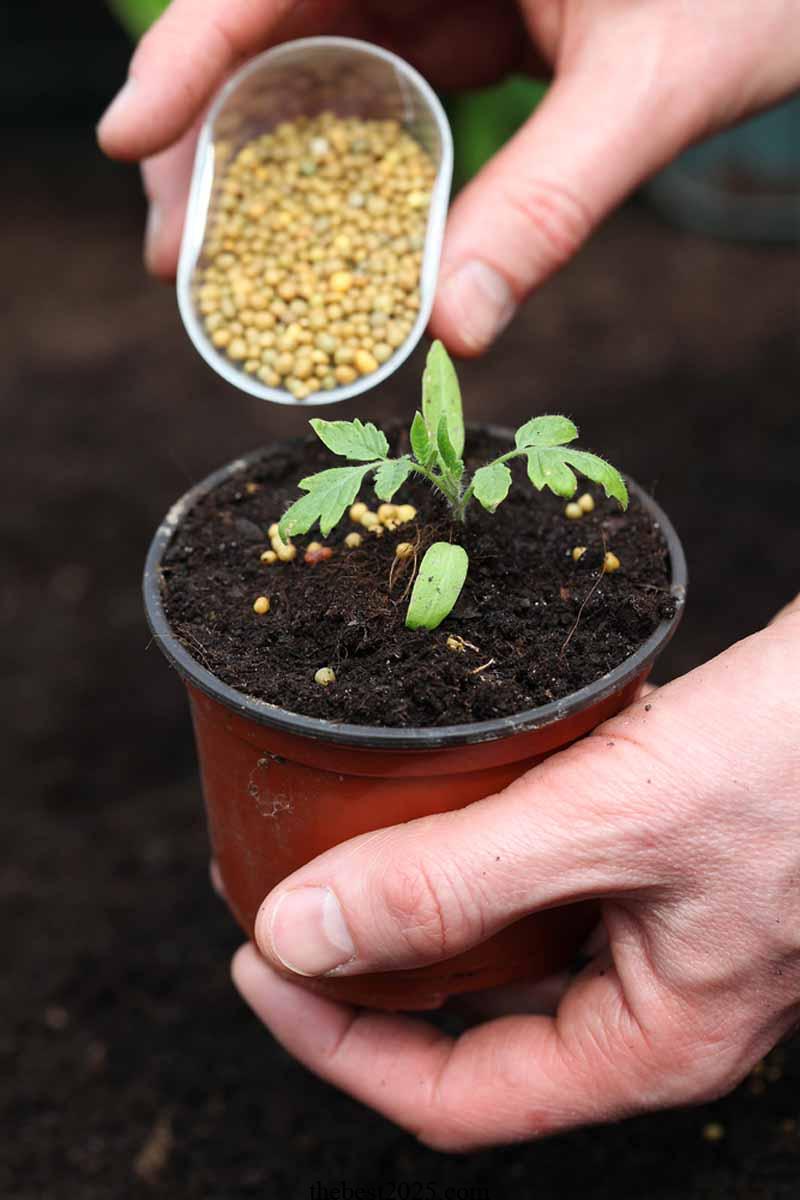
Proper application of plant nutrients ensures they are absorbed effectively. Here are some tips on how to apply nutrients to your plants:
- Soil Application: Many nutrients can be incorporated into the soil by mixing them in with the top layer. This method is slow-release and provides nutrients as the plant needs them.
- Foliar Feeding: Spraying a nutrient solution directly onto the leaves is a quick way to deliver nutrients. This method is especially useful for correcting nutrient deficiencies.
- Watering: Diluting nutrients and watering your plants with the mixture is another effective way to provide essential elements.
Common Nutrient Deficiencies
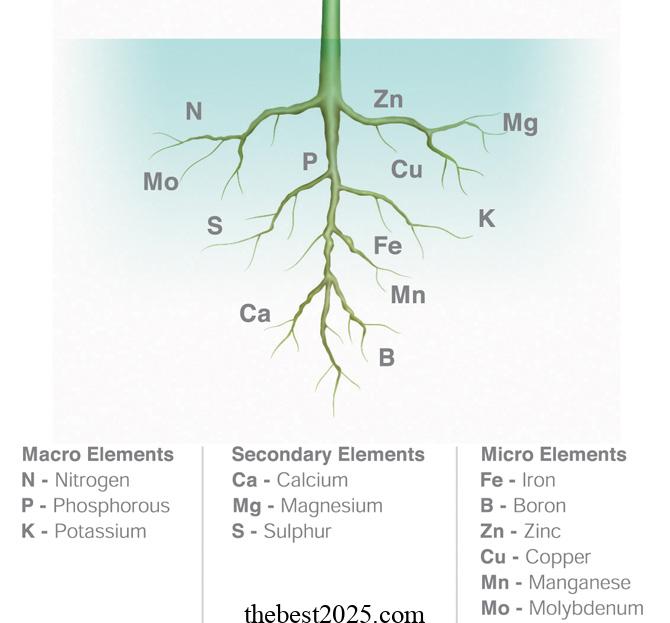
Identifying nutrient deficiencies is key to keeping your plants healthy. Look out for these common signs:
- Nitrogen Deficiency: Yellowing of older leaves.
- Phosphorus Deficiency: Stunted growth and dark green leaves.
- Potassium Deficiency: Brown spots on leaves.
Overcoming Nutrient Imbalances
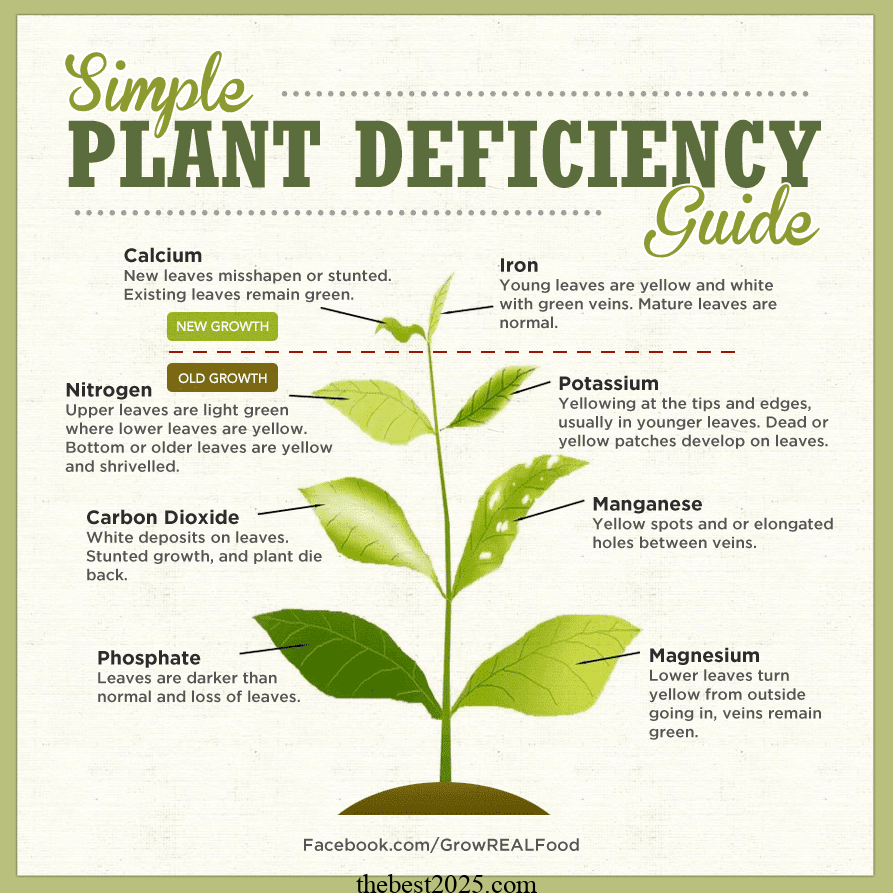
Balancing nutrients can be challenging, as different plants have varying requirements. Regular soil testing and observation of your plants’ health are the best methods to ensure they receive the right nutrients in the right proportions.
Conclusion
In conclusion, understanding plant nutrients and their timing is the key to successful gardening and horticulture. Providing your plants with the right nutrients at the right stages of growth is essential for their overall health and productivity. Keep a close eye on your plants, monitor for signs of nutrient deficiencies, and tailor your nutrient application to their specific needs.
tag
- chicken feed
- how to Keep Chickens Off Your Porch
- How to grow oyster mushrooms at home
- Growing Kale in Pots


0 Comments